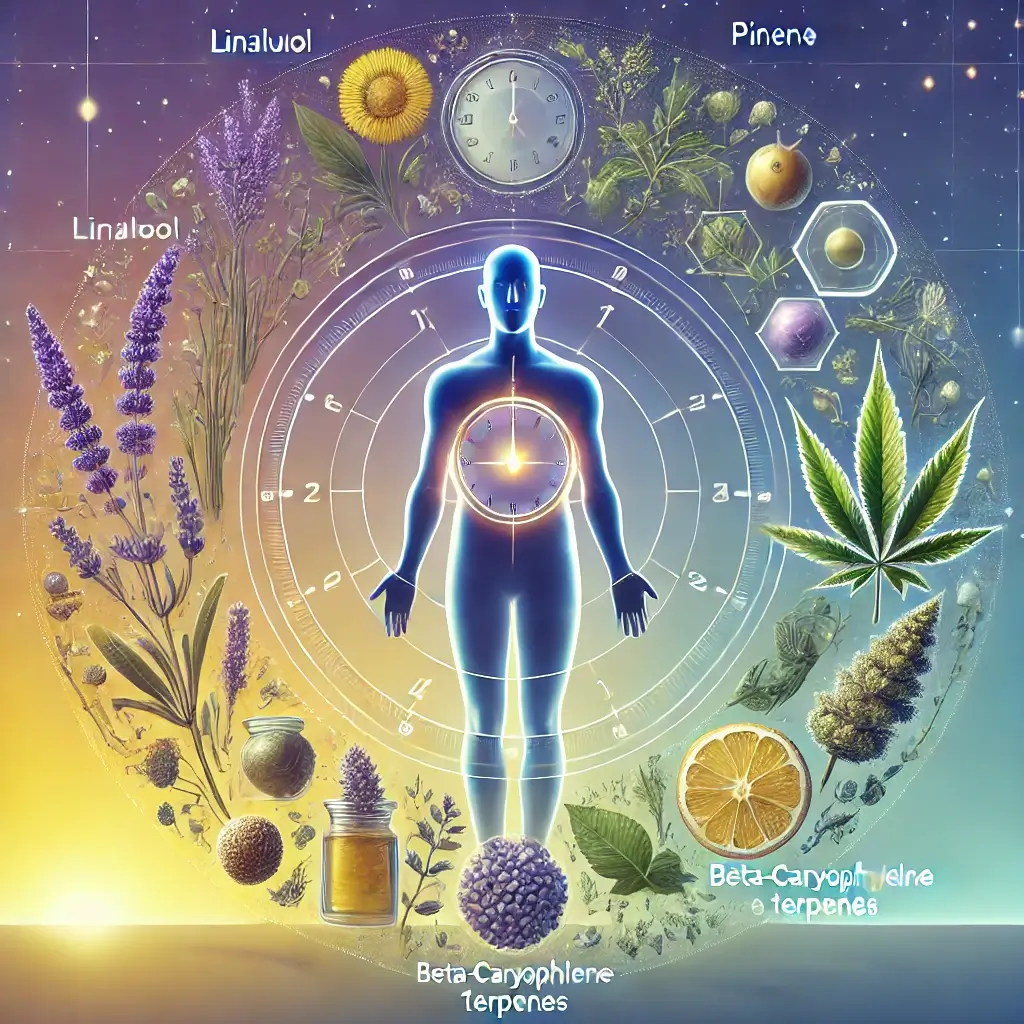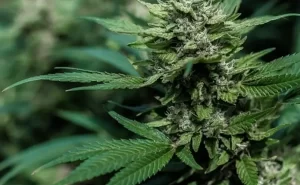Breaking Down Barriers: Medical Cannabis as a Natural Alternative for Aging Adults
Understanding Age-Related Health Challenges and Natural Alternatives
As we age, our bodies face an array of changes, from reduced mobility and chronic pain to sleep disturbances and cognitive decline. These challenges often lead to a dependence on traditional pharmaceutical treatments, many of which come with undesirable side effects. In recent years, however, medical cannabis has emerged as a powerful natural remedy, offering older adults a safer, more holistic approach to managing their health.
The Science Behind Cannabis and Its Therapeutic Effects
Medical cannabis contains cannabinoids like tetrahydrocannabinol (THC) and cannabidiol (CBD), which interact with the body’s endocannabinoid system—a network of receptors responsible for regulating pain, mood, and inflammation. For seniors, this interaction can bring significant relief from ailments such as arthritis, insomnia, and even anxiety. The key appeal of cannabis lies in its ability to provide therapeutic effects without addiction risks associated with opioids or the sedative properties of benzodiazepines.
Navigating Cannabis Integration for Seniors
However, the journey into medical cannabis can feel intimidating, particularly for seniors unfamiliar with its use. Terms like tinctures, terpenes, and microdosing may seem overwhelming, as does the prospect of integrating cannabis into an existing medication routine. Moreover, myths and stigma surrounding cannabis often deter seniors from exploring its benefits. This guide addresses these concerns by offering practical insights, recent research, and a step-by-step approach to help seniors incorporate medical cannabis into their wellness routines safely and effectively.
Scientific Evidence and Growing Acceptance
Scientific studies continue to validate the efficacy of cannabis for conditions prevalent among seniors. One groundbreaking study, published in The European Journal of Internal Medicine in 2020, analyzed over 2,700 senior participants using medical cannabis for chronic pain management. The results were compelling: nearly 94% reported improved symptoms, and many reduced or entirely discontinued opioid medications. This shift away from opioids is particularly critical given the ongoing opioid epidemic and its devastating impact on older populations.
Cannabis Benefits for Sleep and Neurological Health
Sleep disorders, a common issue for seniors, have also been shown to improve with cannabis use. A 2021 study in The Journal of Cannabis Research revealed that patients aged 65 and older experienced enhanced sleep quality after incorporating CBD-dominant products into their nightly routines. Unlike traditional sleep aids, which often lead to dependency or next-day grogginess, cannabis provides a gentler, non-addictive alternative.
Advances in Neurodegenerative Disease Treatment
Emerging research further explores cannabis’s role in managing neurodegenerative diseases like Alzheimer’s and Parkinson’s. A 2019 study in Frontiers in Neuroscience highlighted the neuroprotective properties of cannabinoids, suggesting that CBD could slow disease progression and alleviate symptoms such as tremors and agitation. Although still in early stages, these findings offer hope for millions of seniors facing these debilitating conditions.
Policy Changes and Accessibility Improvements
On the policy front, cannabis is becoming more accessible to seniors worldwide. Recent legislative changes, such as the U.S. federal rescheduling of cannabis in 2024, have reduced barriers to access, leading to senior-friendly cannabis programs. Local dispensaries are also adapting by offering educational workshops and tailored products like low-dose tinctures and topical creams designed specifically for older adults.
Safety Considerations and Medical Oversight
Despite these advancements, seniors must approach cannabis use carefully. Its interaction with medications like blood thinners, sedatives, and certain heart medications underscores the need for medical supervision in cannabis treatment. Additionally, starting with a low dose and gradually increasing as needed—commonly referred to as the “start low, go slow” approach—helps minimize potential side effects like dizziness or fatigue.
Essential Guidelines for Beginning Cannabis Treatment
Consult with a Healthcare Professional: Always discuss cannabis use with a doctor, especially if you are on other medications.
Choose CBD-Dominant Products: CBD provides therapeutic effects without the psychoactive “high” associated with THC, making it ideal for seniors.
Experiment with Delivery Methods: Explore options like edibles, tinctures, or topicals to find what works best for your condition.
Prioritize Quality: Purchase products from licensed dispensaries to ensure purity and safety.
Looking Forward: Cannabis in Senior Healthcare
For seniors, medical cannabis offers more than just symptom relief—it represents a pathway to enhanced well-being and independence in senior healthcare. Whether managing chronic pain, improving sleep, or addressing neurodegenerative diseases, cannabis can be a transformative tool in senior healthcare. However, its benefits are best realized through informed use. Consulting healthcare providers, staying updated on research, and selecting high-quality products are essential for success.
Expanding Research and Resources
As medical cannabis continues to gain acceptance and research expands, seniors are increasingly empowered to take charge of their health. For further reading, explore studies like “Cannabis Use in Older Adults” (The Gerontologist, 2021) and “Therapeutic Use of CBD for Neurodegenerative Disorders” (Frontiers in Neuroscience, 2019). With the right guidance, cannabis can be a valuable addition to senior wellness and quality of life improvement.













